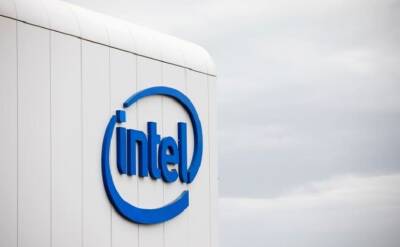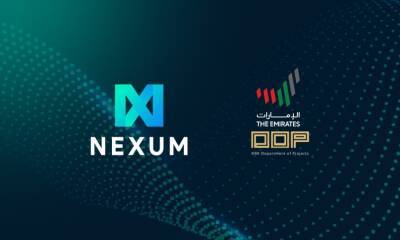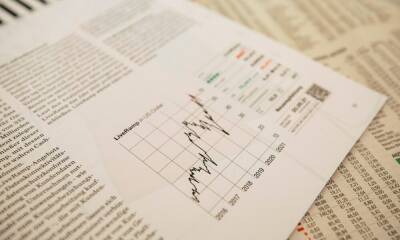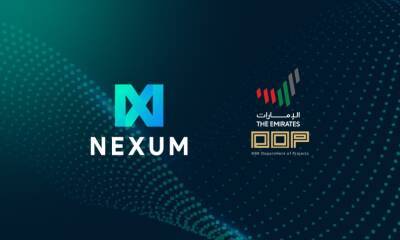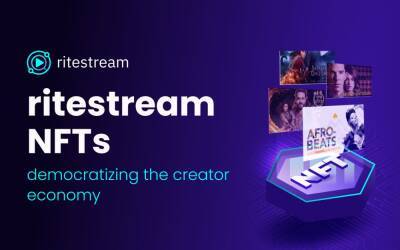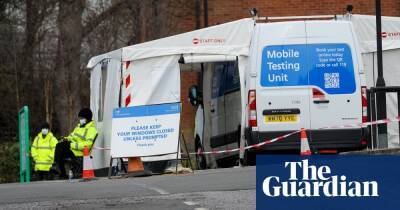The virus killer: How blockchain contributes to the fight against COVID-19
On Jan. 30, the South China Morning Post reported that one of the largest Asian pharmaceutical companies, Zuellig, had launched a blockchain-based system to track the quality of COVID-19 vaccines. Called “eZTracker,” it allows any user to “instantly verify the provenance and authenticity” of vaccines by scanning the QR code on the package. Somewhat surprisingly, throughout the pandemic, there have not been many reports of blockchain-based products adopted by big pharma or global healthcare organizations to bolster the anti-COVID effort. Here is a rundown of the major cases of such adoption, along with possible reasons for the limited interest in blockchain among healthcare officials.
In April 2021, the South Korean government became the first to introduce blockchain-based vaccine passports amid the COVID-19 crisis. Putting proof of vaccination on a distributed ledger ensures the authenticity of the document as many people around the world tend to counterfeit such “Green Passes,” which sometimes can secure access to restaurants, public spaces and travel.
The app, which goes by the name COOV, was developed by London-based Blockchain Labs and is available on the App Store and Google Play Store. It generates a QR-code for each user and ensures that all personal data is stored on the user's device, exchanging it with the app host through blockchain only.
The blockchain-based National Health Data Network is not being built specifically to fight the coronavirus — it constitutes a vital part of the ambitious plan to digitize Brazil’s entire healthcare system. Yet, the system has been used to respond to coronavirus-related challenges since late 2020.
The main use of the Brazilian network, like that in South Korea, is vaccination
Read more on cointelegraph.com






